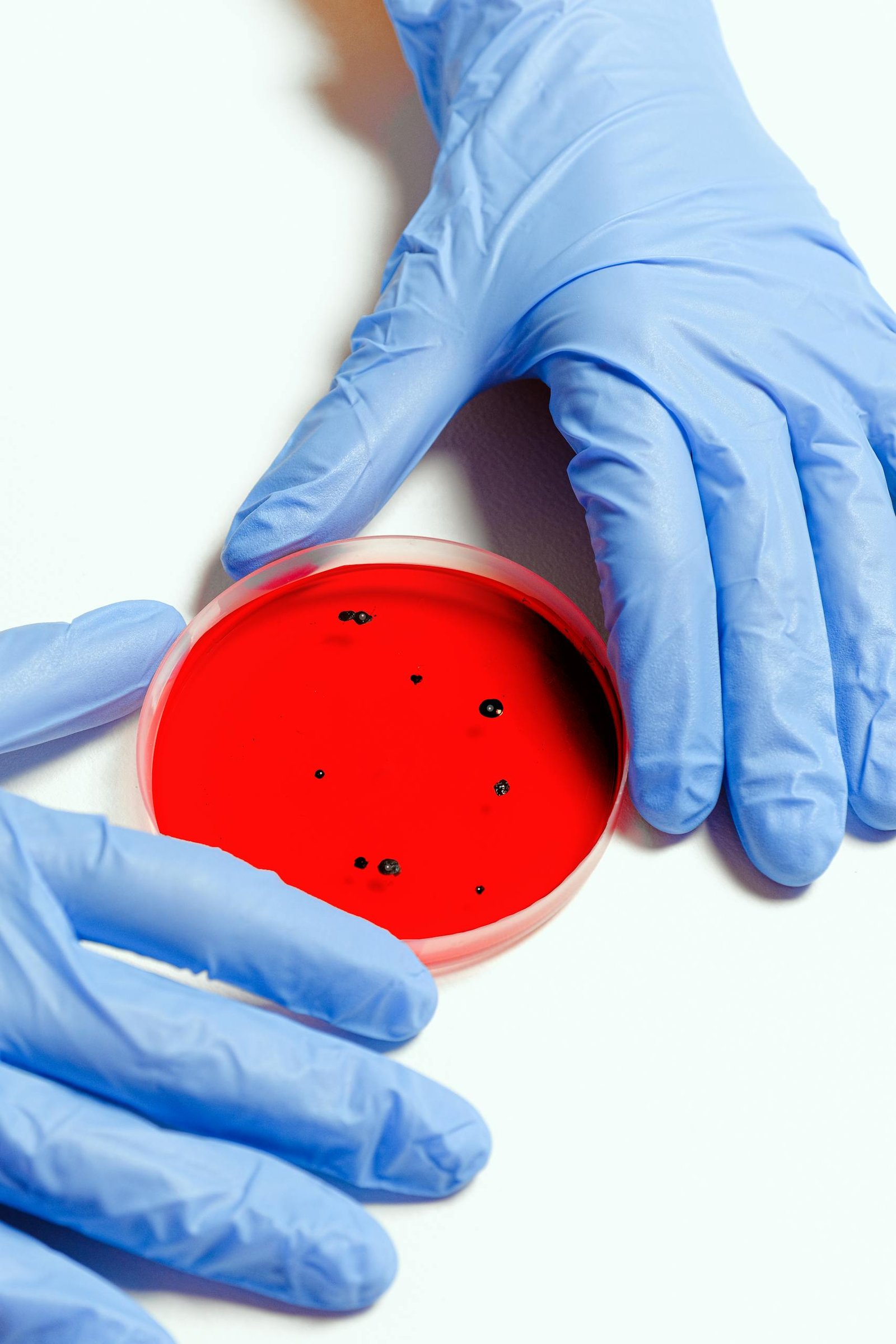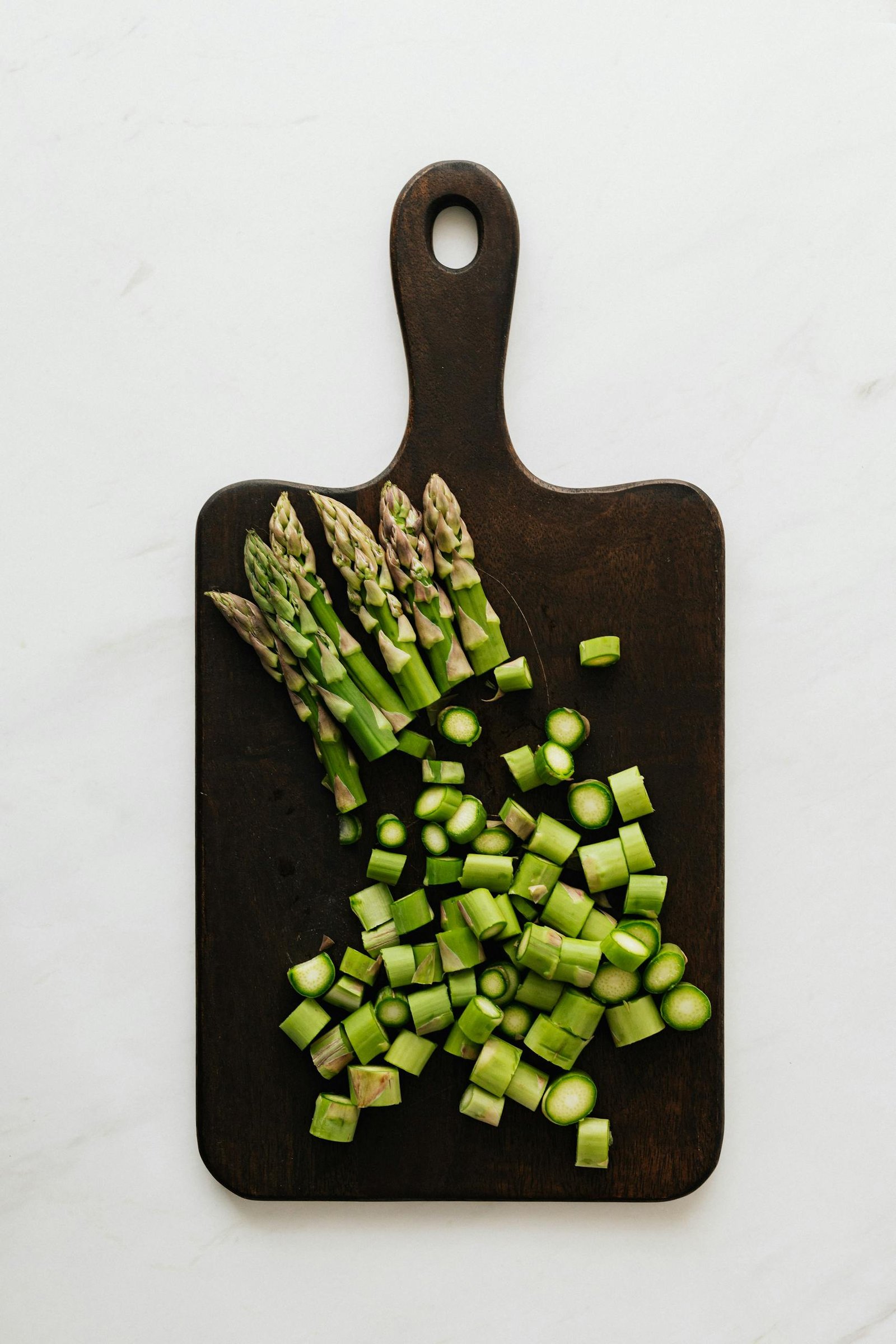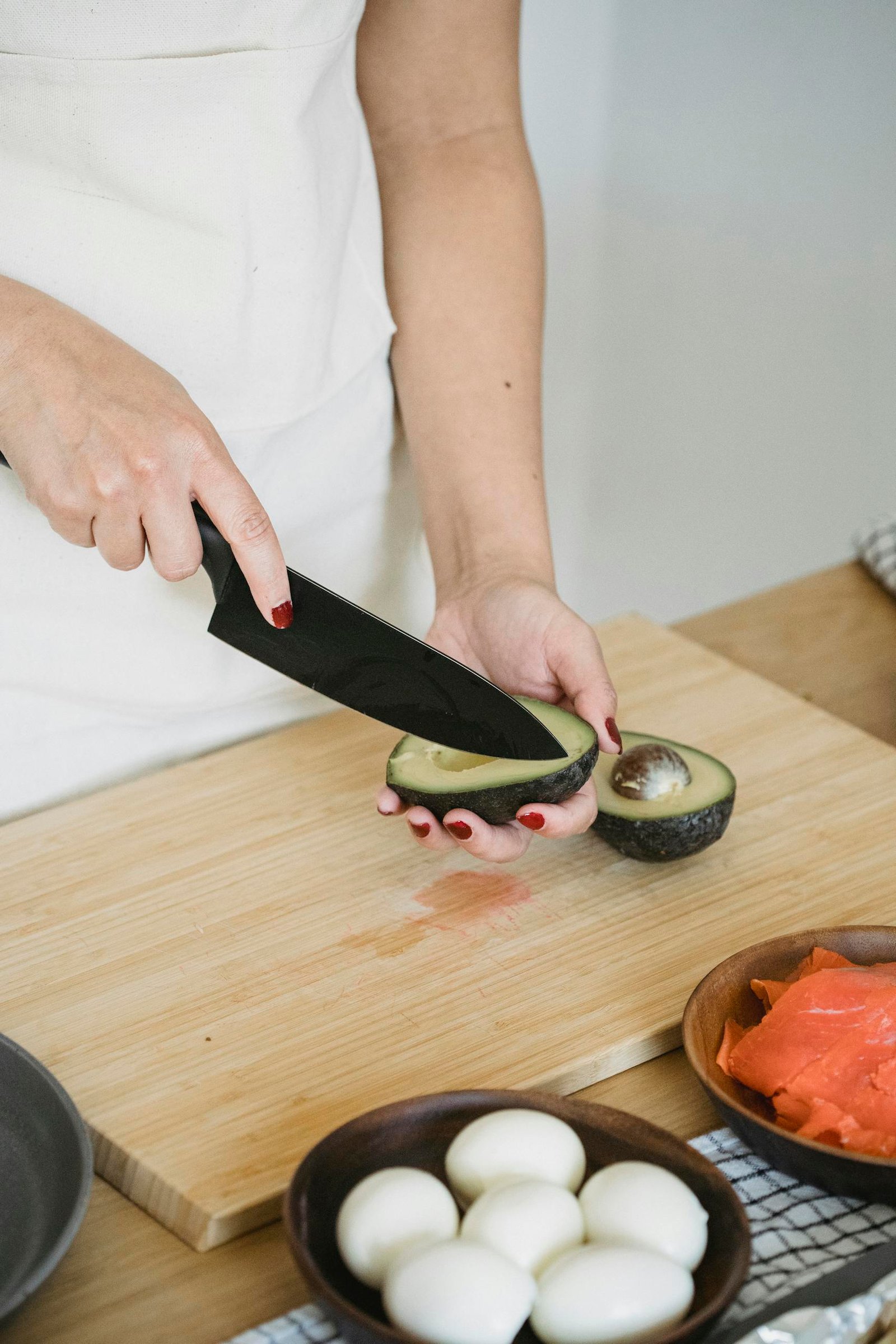Frequent Salting of Food Increases Risk of Stomach Cancer
We all love to sprinkle a little extra salt on our favorite dishes, but recent research reveals that adding salt to your food frequently might be doing more harm than you realize. A new study shows that individuals who often reach for the salt shaker are significantly more likely to develop stomach cancer. Over the course of 11 years, researchers found that people who always or frequently added salt to their meals were 39% more likely to develop this type of cancer compared to those who never or rarely used extra salt.
Key Findings from the Study
The study, published in Springer and highlighted by the Medical University of Vienna, sheds light on the connection between frequent salt use and stomach cancer risk:
- Increased Cancer Risk: Individuals who frequently add salt to their food face a 39% higher risk of developing stomach cancer. This significant correlation highlights the potential dangers of high salt consumption in our daily lives.
- Long-Term Observation: Participants were followed for roughly 11 years, providing strong evidence of the long-term effects of frequent salt use on stomach cancer development.
- Global Relevance: Salt is a common ingredient in diets worldwide, making these findings relevant for everyone.
Why Excessive Salt Intake is Harmful
Excessive salt intake can do more than just elevate your blood pressure, it can also damage the stomach in ways that may increase the risk of cancer. Here’s how:
- Damage to the Stomach Lining: High salt intake can wear down the stomach lining, making it more vulnerable to carcinogens and harmful infections like Helicobacter pylori, a known risk factor for stomach cancer.
- Increased Inflammation: Salt can trigger inflammation in the stomach, a key factor that can lead to the development of cancer over time.
- Cellular Changes: Elevated salt levels can lead to cellular changes in the stomach that promote the growth of cancer cells.
Practical Tips for Reducing Salt Intake
As someone who values a holistic approach to health, I believe in making sustainable lifestyle changes rather than drastic overhauls. Here are some practical steps we can take:
- Embrace Natural Flavors: Instead of reaching for the salt shaker, try enhancing your meals with herbs, spices, and citrus juices. Ingredients like garlic, basil, rosemary, and lemon can add depth and flavor without the added sodium.
- Read Food Labels Carefully: Many processed and packaged foods contain high levels of hidden sodium. Make it a habit to check nutrition labels and opt for low-sodium or no-added-salt versions when available.
- Cook at Home More Often: Preparing meals at home gives you full control over the ingredients and the amount of salt used. Experiment with fresh, whole foods to create delicious, healthful dishes.
- Limit Processed Foods: Foods like canned soups, deli meats, and fast food are often high in sodium. Reducing your intake of these items can significantly decrease your overall salt consumption.
- Educate Yourself on Daily Recommendations: The American Heart Association recommends consuming less than 2,300 milligrams of sodium per day, with an ideal limit of 1,500 milligrams for most adults. Keeping track can help you stay within healthy limits.
Don’t Be Salty
This study serves as a wake-up call about the risks of frequent salt use, particularly its strong link to an increased risk of stomach cancer. But the good news is that by making small, mindful changes to your salt consumption, you can protect your health in the long run. Reducing your salt intake doesn’t have to be hard—it’s about finding flavorful alternatives and making healthier choices that will benefit your body in the years to come.
References
Kronsteiner-Gicevic S, Thompson AS, Gaggl M, Bell W, Cassidy A, Kühn T. Adding salt to food at table as an indicator of gastric cancer risk among adults: a prospective study. Gastric Cancer. 2024 Jul;27(4):714-721. doi: 10.1007/s10120-024-01502-9. Epub 2024 Apr 17. PMID: 38630317; PMCID: PMC11193689.
American Heart Association – How Much Sodium Should I Eat Per Day?: https://www.heart.org/en/healthy-living/healthy-eating/eat-smart/sodium/how-much-sodium-should-i-eat-per-day







